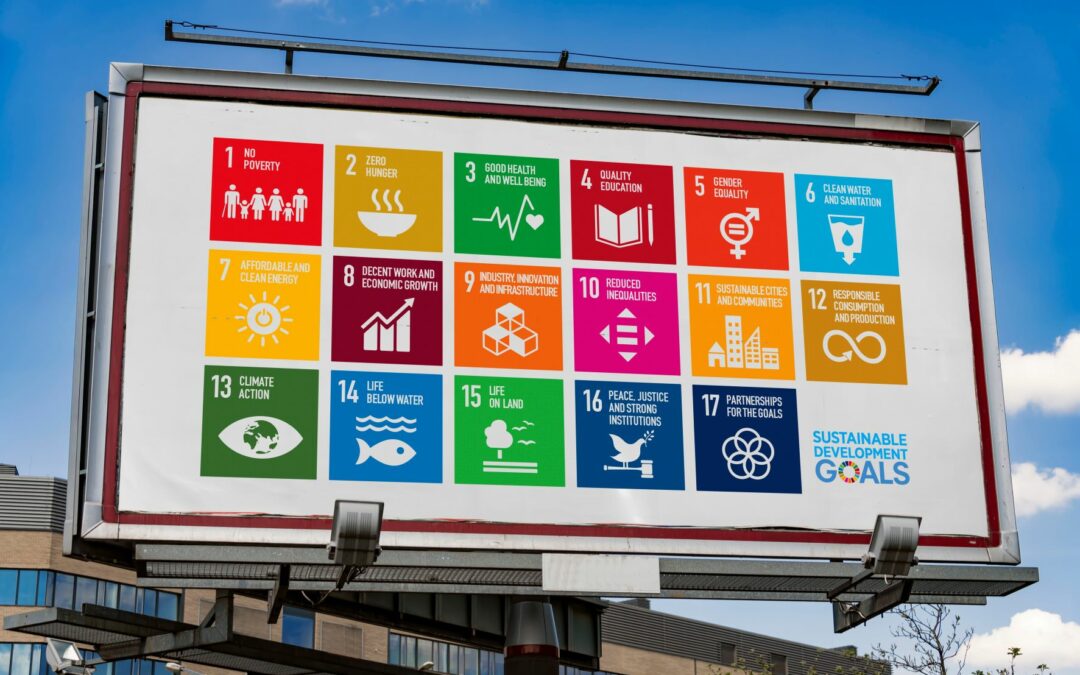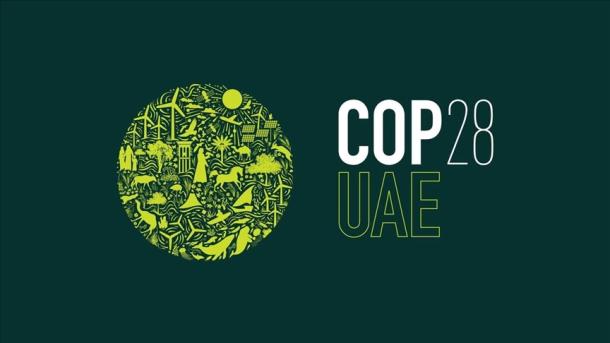Reporting on a Fragile World
Widely appreciated, high-quality, evidence-based information and advocacy is needed to advance the UN’s 17 Sustainable Development Goals–especially in light of the dual global setbacks of the COVID-19 pandemic and Russian invasion of Ukraine. Multi-disciplinary and transdisciplinary approaches are called for, and generally exemplified in reports, especially from UN agencies and programs. These reports are free online, prepared by groups of experts, well-written with diagrams and executive summaries, and in many instances concern two or more of the SDGs.
But they are generally ignored by the major mass media (still paying far more attention to books) and academia (still paying far more attention to specialized journals). To remedy this situation, this Report on Recent Reports (RRR) identifies selected reports and their key concerns and bottom-line messages. Readers are encouraged to pass on information about similar reports of equal or greater importance.
1. Our World at Risk: Transforming Governance for a Resilient Future (UN Office for Disaster Risk Reduction, April 2022, 256p; 32p summary)
A biennial Global Assessment Report (GAR 2022) warning that disasters, economic loss, poverty, and inequality are increasing, as well as ecosystems and biospheres at risk of collapse. Global systems are becoming more connected and thus more vulnerable. “Without increased action to build resilience to systemic risk, the SDGs cannot be achieved.”
2. New Threats to Human Security: Demanding Greater Solidarity (UN Development Programme, Feb 2022, 175p Special Report)
Despite people living longer and healthier lives, “humankind is making the world an increasingly insecure and precarious place.” Rising geopolitical tensions, growing inequalities, democratic backsliding, climate change, hunger and displacement rising, and COVID-19 threaten “to reverse decades of development gains,” and throw progress on the SDGs “even further off track.”
3. Sustainable Development Report 2022 (SDSN, Bertelsmann Stiftung, and Cambridge Univ. Press, June 2022, 508p)
Includes the SDG Index of progress since 2010 (no progress made in 2020 and 2021), SDG dashboards on trends by income groups and world regions, scorecards for the six SDG transformations, government SDG commitments, and country profiles encompassing 426 pages.
4. Climate Change 2022: Impacts, Adaptation and Vulnerability (Intergovernmental Panel on Climate Change, Working Group II, March 2022, 3,675p; Summary for Policymakers 35p)
The work of 267 researchers on exposure of ecosystems and people, risks to 2040, risks to 2100, compound and cascading risks, benefits of adaptation measures, feasibility of future options, and resilient development.
5. State of the Global Climate 2021 (World Meteorological Organization, 2022, 54p, WMO-1290)
Non-technical overview of global climate indicators (GHGs, temperature, sea level, ocean acidification, ice sheets, glaciers) and high-impact events of 2021 (heat waves, wildfires, floods, drought, storms) and growing risks to food security, population displacement, and ecosystems.
6. State of the World’s Forests (UN Food and Agriculture Organization, May 2022, 166p)
Environmental deterioration contributes to climate change, biodiversity loss, and emerging new diseases. Forests and trees play crucial roles in addressing these crises and moving to sustainable economies. Three pathways: halting deforestation, restoring degraded lands and expanding agroforestry, and sustainably using forests and building green value chains. The Global Tree Assessment in State of the World’s Trees (Botanic Gardens Conservation Inat, Sept 2021, 52p) find 30% of tree species threatened with extinction.
Also see “The Seoul Forest Declaration” from the 15th World Forestry Congress (FAO, May 2022, 1p).
7. Global Land Outlook: Land Restoration for Recovery and Resilience (UN Convention to Combat Desertification, 2nd edition, May 2022, 176p)
On transforming food systems, boosting climate action, place-based restoration, drought risk reduction, protected areas, global scenarios, etc.
8. Food Planet Health: Healthy Diets From Sustainable Food Systems (The EAT-Lancet Commission, June 2022, 30p)
An adapted summary of the “Food in the Anthropocene” report, calling for a “radical transformation of the global food system” in order to meet the SDGs. A diet rich in plant-based foods with fewer animal sources leads to better health and environment benefits.
9. Safeguarding the Global Commons for Human Prosperity and Environmental Sustainability (Center for Global Commons, May 2022, 84p)
A joint effort with SDSN, SYSTEMIQ, and the Potsdam Institute, presenting The Global Commons Stewardship Framework. Action levers include setting clear targets, resetting economics and finance, ensuring inclusion and fairness, and harnessing data and technology.
10. Climate-Poverty Connections: Opportunities for Synergistic Solutions (Project Drawdown, March 2022, 107p)
Summarizes evidence of human well-being (HWB) co-benefits of 28 climate mitigation solutions previously analyzed by Project Drawdown. Climate solutions are linked to improving agriculture and agro-forestry, protecting and restoring ecosystems, adopting clean cooking, providing clean energy, and fostering equality in under-resourced rural communities. Also considers financing and critical actions.




0 Comments